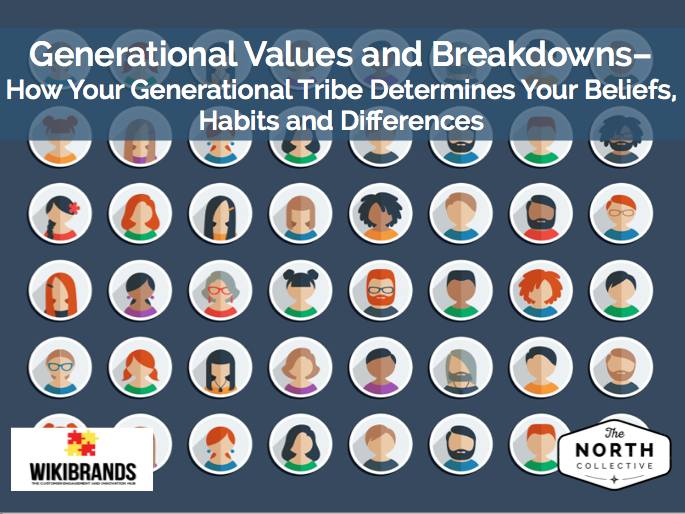Sean Moffitt's Social Innovation Experience & Credibility

Built a Global Youth Empowerment Accelerator and Training Programs for a Leading Non-Profit

Sit on the Boards of a Number of Education Institutions

Synthesized Learnings of Top 100 Not-for-Profit's Digital Operations (Wikicauses)
Fourteen Sectors of Social Innovation & Transforming Better Worlds
- Social Entrepreneurship
- Social Enterprises
- B Corps
- Cause-based Not-for-Profits & Charities
- Government Innovation
- Impact Investing & Social Finance
- Corporate Social Responsibility
- Civic Institutions
- Social Innovation Platforms & Collaborations
- Academic Innovation
- Foundation-Sponsored Innovation
- Social Innovation Labs, Hubs and Incubators
- Social Innovation Movements
- Open Source Innovation
Individuals with innovative solutions to society’s most pressing social problem, persistent in tackling major social issues and offering new ideas for wide-scale change.
Organizations that apply commercial strategies to maximize improvements in human and environmental well-being, rather than maximizing profits for external shareholders.
B Corps are a type of for-profit corporate entity, that includes positive impact on society, workers, the community and the environment in addition to profit as its legally defined goals; differ from traditional corporations in purpose, accountability, and transparency, but not in taxation.
Organizations set up to provide help and raise money for those in need.
Government departments, public/private partnerships and sponsored-groups attempting to innovate how to: build the public agenda, create and curate citizen content, identify public issues better, match public assets to need, match finance to citizen need, solve vexing public problems and/or action public problems/solutions.
Investments made into companies, organizations, and funds with the intention to generate a measurable, beneficial social or environmental impact alongside a financial return and the overall approach to managing money which delivers a social dividend and an economic return.
A business approach from corporate entities that contributes to sustainable development by delivering economic, social and environmental benefits for all stakeholders.
Innovation within entities that are neither part of government or the market (e.g. heath care systems, energy and utilities, trade groups & unions).
Ways to bring together different stakeholders to identify solutions to common problems or to achieve common goals, increasingly virtual and open.
Individual and systemic changes that are centred on effective and efficient teaching and learning, that alter individual and institutional academic practices, promote academic tech transfer, research and partnerships, and improve student, teacher and societal performance.
Public or private trust-sponsored innovation funding and work that contribute to a more resilient society.
Multi-stakeholder groups, ecosystems and/or challenge/competitions, aspiring to transform a different, better world via high potential interventions, overall system line of sights, redefining problems, solving complex challenges and identifying opportunities in the broader context with the potential to tip systems in positive directions.
Large and/or growing (often informal) collectives, groupings of individuals or organizations which focus on specific social or political issues and carry out, resist, or undo a social change.
An organization that freely shares its resources with other partners, without an instant financial reward and oftentimes for the greater good. The source of profit has an indirect nature and is manifested as a new type of business model – these can be based on open source software, content, data, standards and licenses.
“Lead, follow or get out of the way.”
― Thomas Paine, American Revolutionist








